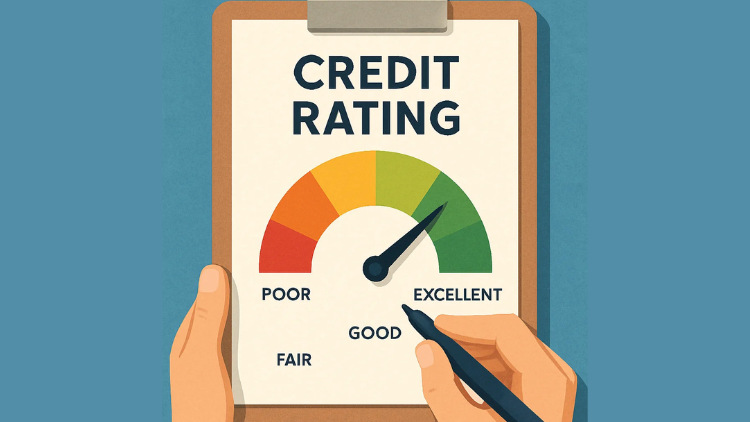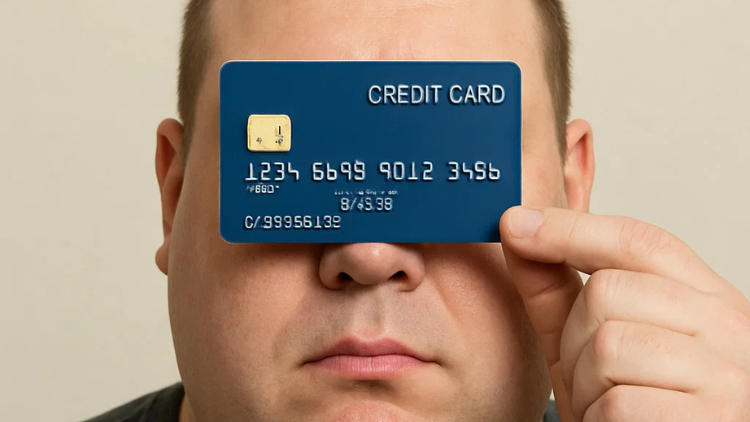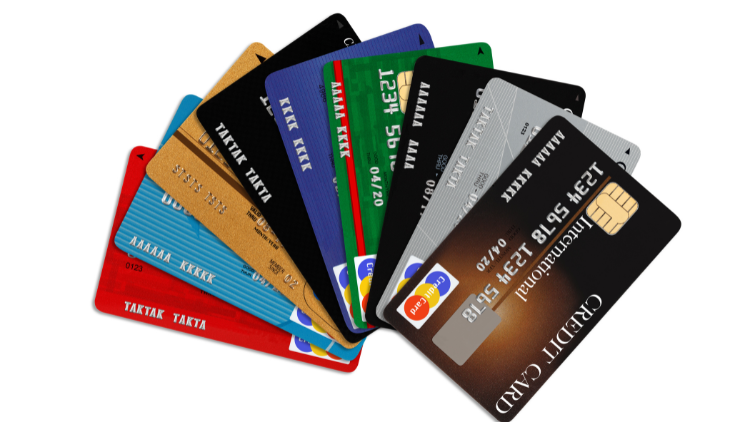Discover the best small business credit cards 2025. Compare rewards, low APR, and startup-friendly options to grow smarter and stronger.
The pain point
Running a small business isn’t easy — especially if your credit score isn’t perfect. Many owners with scores in the 580–650 range feel stuck.
You need tools to manage cash flow, separate business and personal expenses, and maybe even earn rewards. But the credit card offers flooding your inbox can feel like a maze of jargon, hidden fees, and fine print.

Here’s the good news: you don’t need perfect credit to qualify for a card that helps your business grow. In this guide, we’ll walk through the best small business credit cards of 2025, matched to real-world goals.
We’ll also show you exactly what to compare, and how each option affects both your business and personal finances. By the end, you’ll know which card fits your situation — and how to use it to move forward with confidence.
Which credit cards are the best for different small business goals?
Think of business credit cards like tools in a toolbox. The best tool depends on the job you’re trying to do. Here are the top picks for 2025:
1) For cash flow breathing room: low APR business credit cards
- These cards shine when you need to spread out payments.
- Many come with introductory 0% APR offers for 9–12 months.
- Example: Cover seasonal inventory purchases now and pay them off when sales come in.
Why it matters for 580–650 credit scores: Some options may be harder to qualify for, but look for regional banks or credit unions that cater to small businesses.
2) For everyday savings: business credit cards with cash back
- Best if your expenses are steady: office supplies, gas, client lunches.
- Flat-rate cash back (like 1.5% on all purchases) is simplest.
- Category-based cards (like 3% on gas, 5% on office supplies) help if your spending is predictable.
Tip: Cash back can be set aside as a rainy-day fund to buffer tight months.
3) For growth and expansion: top business credit cards for startups

- These cards often offer flexible approval and tools for expense tracking.
- Some provide employee cards at no extra cost, which helps control team spending.
- Perks may include free access to software trials or small business support networks.
Why it works for rebuilding credit: Many of these cards report to business credit bureaus, helping you separate and strengthen your business credit profile.
4) For frequent flyers: small business credit cards for rewards
- Travel rewards cards give points or miles for flights, hotels, and car rentals.
- Look for cards with no foreign transaction fees if you travel internationally.
- Great for consultants or entrepreneurs with client travel needs.
Note: Approval odds increase as your score improves toward the upper 600s.
What key features should small business owners compare before choosing a card?
Picking a card isn’t just about the headline perks. Here’s what to compare side by side:
- Annual Fee: A $95 fee might be worth it if rewards outweigh the cost, but free cards are safer while rebuilding.
- APR (Annual Percentage Rate): This is the interest rate on balances. If you plan to carry one, lower APR is key.
- Rewards Structure: Do you want flat-rate simplicity or bonus rewards in certain categories?
- Credit Limit: Higher limits help manage bigger expenses and improve your credit utilization ratio (how much of your limit you use).
- Reporting: Ensure the card reports to business credit bureaus — this builds your business credit separate from your personal score.
- Tools: Expense tracking, employee cards, and integrations with accounting software (like QuickBooks) save time and headaches.

Think of it like comparing cell phone plans: the right choice depends on how you “use your minutes” — or in this case, how your business spends and pays.
How do business credit cards affect your business and personal finances?
Here’s the truth: most business credit cards require a personal guarantee. That means if your business can’t pay, you’re still on the hook. But don’t let that scare you. Used wisely, these cards can be powerful stepping stones.
- Personal Credit Impact: Missed payments will hurt both personal and business credit. On-time payments strengthen both.
- Business Credit Building: As you use the card, you create a track record that lenders consider for future loans.
- Separation of Expenses: Keeping personal and business spending apart makes taxes easier and protects your finances if your business faces challenges.
Think of it like co-signing for your own business: a risk, yes, but also a way to build trust with lenders faster.
Your action plan
Here’s your no-nonsense checklist to move forward:

- Check your current score (you can get a free annual report at AnnualCreditReport.gov).
- Match your goal: Do you need cash flow relief, rewards, or credit building?
- Compare 2–3 cards in your range — focus on APR, annual fees, and whether they report to business bureaus.
- Start with one card you can realistically qualify for. Don’t shotgun applications — that can lower your score.
- Use it strategically: Charge predictable business expenses, pay on time, and keep balances below 30% of your limit.
- Reassess after 12 months: With responsible use, you’ll likely qualify for better cards and higher limits.
The Encouragement

Rebuilding credit while running a small business can feel like climbing a hill with a backpack full of bricks.
But the right business credit card can lighten that load. By choosing wisely, you’ll not only manage today’s expenses but also pave the way for tomorrow’s growth.
You’ve got this. With each smart swipe and on-time payment, you’re not just rebuilding credit — you’re building the foundation for a stronger, more resilient business.
WalletAware shares education, not individualized financial advice. Always confirm current terms on the issuer’s site before applying.